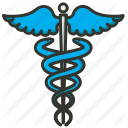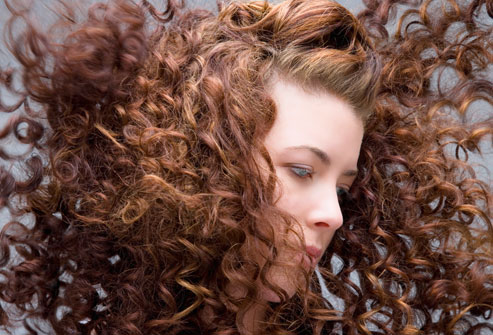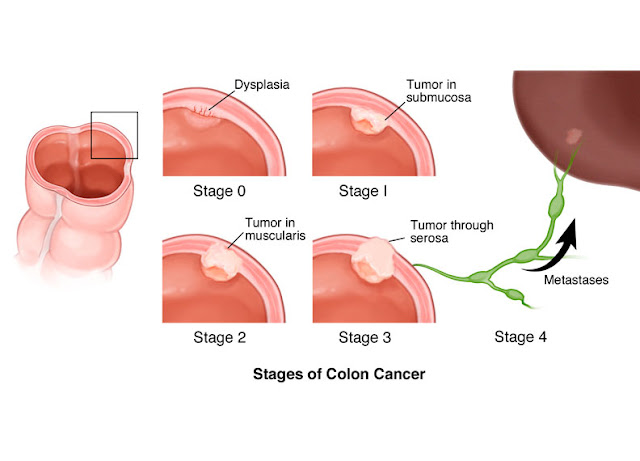How to Care and Maintain Your Curls
Using the Right Products Can Give You Gorgeous Ringlets
If you have curly hair, chances are your hair tends to be dry, coarse and brittle. It also may be prone to frizz, particularly in humid conditions. With these tips, however, you can combat the frizz and get lush curls all year long.
Products Every Curly-Haired Girl Needs
Unlike your straight-tressed sisters who should stay away from products that weigh down their hair, you need a few products to keep frizz and dryness in check:
The right kind of shampoo A new craze in shampooing curly hair is the "No Poo" movement. This means not shampooing hair but instead conditioning it daily. My curly-haired friends also swear by Deva Curl's No Poo and Lo Poo shampoos. If you must you a shampoo, creamy shampoos are a better bet than clarifying shampoos.
Two types of conditioners You simply cannot over-condition frizzy hair. You need a heavy conditioner for use every time you wash your hair, and a deep conditioner for use once a week.
Smoothing cream and alcohol-free gel From the minute you step out of the shower, you need to coat the cuticle so it locks out moisture. In the book "Confessions of a Beauty Editor", author Linda Wells suggests a one-two-punch: 2 parts cream for 1 part gel (yes, you have to buy the products separately). A walnut-sized amount will do you. Simply rub together then palm the mixture from mid-shaft down. Comb the product throughout all of your hair with a wide-toothed comb.
Styling cream Enhance your curls with a cream created for curly hair. Rub it in and let hair airdry.
Style serum Warm up a couple drops of this in your hands and palm over dry, frizzy curls. The serum will solve your frizz problems.
Straightening balm or gel If you want to blow-dry hair straight, rub a quarter-size amount of this on hair before drying curly hair (always in sections, working from the lower layers on up).
For a full list, see Best products for curly hair.
For even more tips on how to keep frizzy hair at bay see Frizzy Hair Fixes: 7 Rules to Live By.
Put Away the Blow Dryer
To combat the frizzies, refrain from blow dryer overuse. Adding heat to air only increases the problem. Instead, finger-comb hair, letting curls air-dry for as long as possible (luckily, because your hair tends to be dry, so you may not need to wash hair more than a couple times a week). Never rub hair dry with a towel, instead squeeze moisture out with paper towels.
If you must use a blow dryer, use a diffuser like Deva's, which is specially formulated for curly hair. Hold the blow dryer under hair, and dry by cupping and squeezing hair in your palms from below (never scrunch curls, you'll invite frizz).
If you don't use a diffuser, aim the blow dryer nozzle downward, in the direction hair grows.
The Less You Mess, the Better
The more you play with your curls, blow drying them, scrunching them, etc, the better chances you'll get frizz. You can style hair by twisting curls around your finger, letting them lay to air dry.
How to Straighten Curly Hair
First apply straightening balm (see above). Divide hair into four or five sections and blow dry each section using a flat paddle brush. Once your hair is COMPLETELY dry, flat-iron 2-inch sections at a time. Rub a silicon-based gloss between hands and palm over your straightened sections. It will help hold the hair in place.
Want Straight Hair for Good? Consider a Permanent Treatment
If you find you flat-iron your hair almost every time you wash it, you might consider investing in a permanent hair-relaxing session. The hottest trends right now are the Brazilian keratin treatment and the Japanese straightening treatment. However, both are rather controversial because they involve chemicals that could prove very bad for your health.
Gentle relaxers are a safer option and can last up to 6 months. They take only about an hour to do. But these are best on single-processed hair (hair that's not been colored). Thermal reconditioning is another option. The process takes about four hours but lasts 6 to 10 months.
Get the Right Haircut
Curly hair needs length to weigh curls down. Your best cut will be medium to long, with layers cut in to alleviate some of the fullness, although with the right cut, curly hair can look good short (check out these short, curly hairstyles).
What you don't want is a blunt cut, which means a ton of fullness on the bottom -- a very dated look. Instead, ask for layers starting at your upper lip, gradually angled back.






























